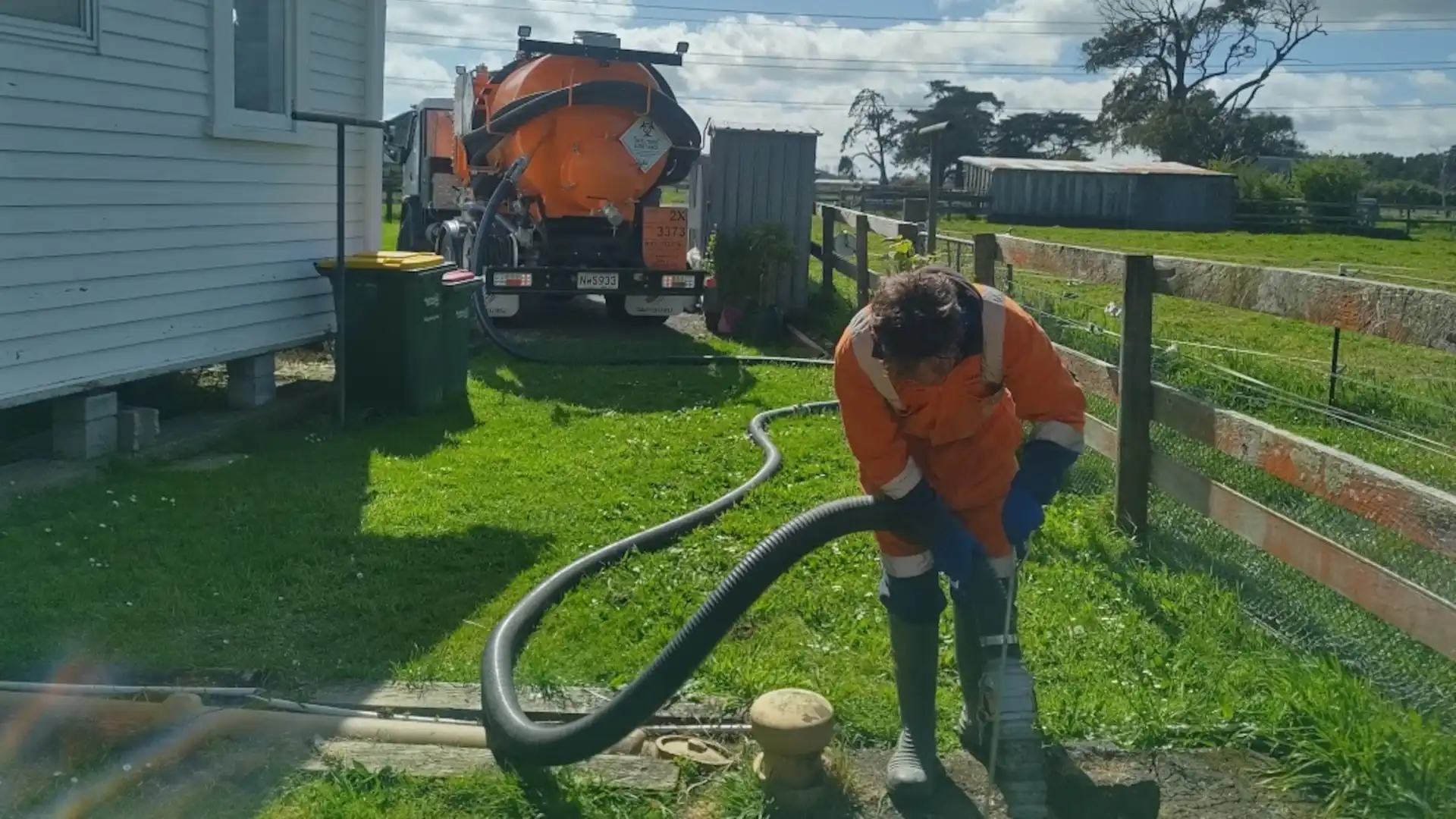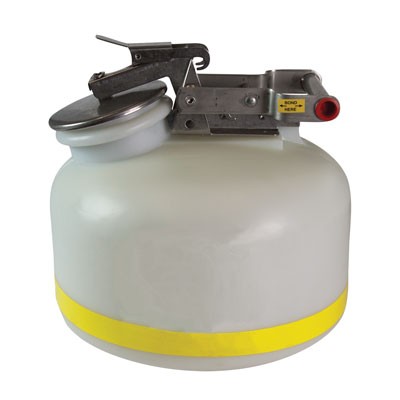Expert Liquid Waste Removal Melbourne: Keeping Your Environment Tidy
Expert Liquid Waste Removal Melbourne: Keeping Your Environment Tidy
Blog Article
Understanding the Comprehensive Process of Fluid Garbage Disposal: Ideal Practices and Environmental Influence Considerations
The management of fluid waste disposal is a diverse issue that requires a comprehensive understanding of various best techniques and their linked ecological influences. From the types of fluid waste created to the techniques employed for collection, therapy, and last disposal, each action plays a vital duty in safeguarding ecosystems and public wellness.
Kinds of Fluid Waste
Comprehending the different sorts of fluid waste is essential for reliable management and disposal practices. Fluid waste can be generally categorized into several kinds, each needing distinct handling and therapy approaches.
Industrial liquid waste commonly has dangerous products, consisting of heavy metals, solvents, and chemicals, created throughout producing processes. These wastes require stringent regulative conformity to safeguard human health and wellness and the environment. Domestic liquid waste largely refers to wastewater created from homes, including sewage and greywater, which, although much less harmful, can still posture considerable dangers if incorrectly managed.
Agricultural fluid waste, consisting of runoff from ranches, typically consists of fertilizers and pesticides that can lead to ecological destruction if not treated properly. Medical liquid waste, generated from medical care facilities, consists of contaminated fluids such as bodily liquids and chemicals, requiring specialized disposal approaches to stop infection and ecological contamination.
Finally, oil and oil waste, generally created by dining establishments and automobile markets, can cause serious blockages in drain systems if not managed properly. Comprehending these categories promotes targeted strategies for treatment, conformity with guidelines, and reliable disposal approaches, inevitably promoting ecological sustainability and public health and wellness security.

Collection Approaches
Effective collection techniques are important for the proper monitoring of liquid waste, ensuring that it is collected securely and efficiently prior to therapy or disposal. Numerous techniques are used depending upon the kind of liquid waste generated, the quantity, and the specific features of the waste.
One common technique is using committed collection storage tanks or sumps, which are created to catch fluid waste at the source. These systems usually integrate pumps that promote the transfer of waste to larger storage space containers or treatment facilities. Additionally, mobile collection devices geared up with vacuum cleaner modern technology are utilized in scenarios where waste is produced periodically or in hard-to-reach areas.
For commercial settings, closed-loop systems can efficiently minimize spills and leaks, enabling the healing and reuse of liquid waste. It is also vital to educate workers on proper collection protocols to mitigate dangers connected with unsafe compounds.
Furthermore, executing routine maintenance schedules for collection devices guarantees optimal efficiency and safety. The assimilation of innovative surveillance systems can improve collection effectiveness by giving real-time data on waste degrees and prospective dangers. On the whole, reliable collection methods are foundational to sustainable liquid waste management practices.
Treatment Procedures
Therapy procedures play an important duty in the monitoring of fluid waste, changing possibly unsafe products right into secure effluents or multiple-use sources - liquid waste disposal. These procedures can be broadly categorized into physical, chemical, and biological approaches, each tailored to resolve specific impurities existing in the waste stream
Physical treatment methods, such as sedimentation and filtering, work by removing put on hold solids and particulate issue. These methods are typically the very first step in the treatment chain, effectively reducing the load on succeeding procedures. Chemical therapies include making use of reagents to counteract hazardous substances, speed up heavy steels, or oxidize organic contaminants, thereby boosting the security of the effluent.
Organic treatment procedures, including turned on sludge systems and anaerobic digestion, profit from the natural abilities of microorganisms to weaken organic issue. These methods are especially effective for wastewater having biodegradable contaminants. Advanced treatment modern technologies, such as membrane filtering and progressed oxidation procedures, are significantly employed to achieve greater degrees of filtration.
Including a combination of these treatment approaches not just guarantees conformity with governing standards however likewise advertises ecological sustainability by recovering important resources from fluid waste.
Disposal Options
Just try this out how can companies ensure the accountable and secure disposal of fluid waste? Effective disposal alternatives are vital for safeguarding public health and the atmosphere. The main methods consist of land disposal, incineration, and therapy followed by discharge right into community wastewater systems.
Land disposal involves the cautious control of fluid waste in marked landfills, making sure that it does not seep right into bordering soil or water. Incineration, on the various other hand, topics fluid waste to high temperature levels, converting it into ash and gases, which require proper filtration to reduce exhausts. This approach appropriates for contaminateds materials that can not be treated with conventional ways.
In situations where liquid waste can be dealt with, companies might choose chemical or biological treatment processes to neutralize hazardous components before discharging the treated effluent right into metropolitan systems. This path normally straightens with governing demands, making certain that the effluent fulfills safety standards.
Ultimately, companies need to conduct extensive evaluations of each disposal option to establish its feasibility, thinking about aspects such as waste composition, governing compliance, and potential threats to health and wellness and the environment. By picking suitable disposal approaches, services can add to a responsible waste administration strategy.
Ecological Effect
The environmental effect of liquid garbage disposal is an essential factor to consider for organizations seeking to reduce their eco-friendly footprint. Inappropriate disposal techniques can bring about substantial contamination of water sources, dirt degradation, and damaging YOURURL.com effects on neighborhood environments. For example, harmful fluids can leach into groundwater, posturing dangers to drinking water supplies and marine life. Furthermore, the discharge of unattended or inadequately treated waste into surface waters can lead to eutrophication, bring about oxygen depletion and the subsequent fatality of fish and various other organisms.

To mitigate these impacts, companies have to take on best practices such as executing rigorous waste therapy procedures, advertising recycling and reuse, and sticking to governing requirements. By taking a positive method to fluid waste administration, entities can substantially minimize their environmental footprint while supporting sustainable growth goals. Ultimately, a comprehensive understanding of the environmental impacts linked with liquid garbage disposal is essential for informed decision-making and liable stewardship of natural resources.
Verdict
Efficient administration of liquid waste is critical for guarding environmental stability and public health. By taking on finest practices in collection, disposal, and treatment, together with adherence to governing requirements, the potential for unsafe contamination of ecosystems can be substantially decreased. Continuous innovations in technology and procedures contribute to lasting waste administration initiatives. Ultimately, a detailed understanding of fluid garbage disposal not only alleviates ecological impacts however also cultivates a commitment to accountable source management and ecological stewardship.
The management of liquid waste disposal is a diverse issue additional resources that calls for a complete understanding of numerous ideal practices and their connected ecological effects. From the kinds of fluid waste created to the techniques employed for collection, treatment, and final disposal, each step plays a critical function in securing ecological communities and public wellness.The ecological effect of fluid waste disposal is an essential factor to consider for companies looking for to reduce their environmental footprint. Eventually, an extensive understanding of the ecological influences associated with fluid waste disposal is essential for informed decision-making and liable stewardship of all-natural resources.
Inevitably, a thorough understanding of fluid waste disposal not only alleviates ecological effects however also fosters a commitment to responsible source monitoring and environmental stewardship.
Report this page